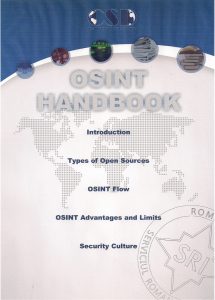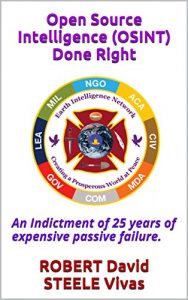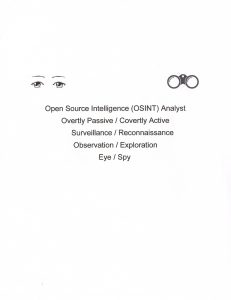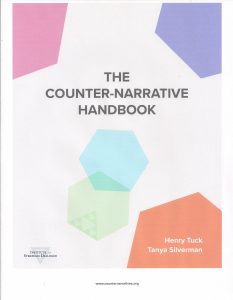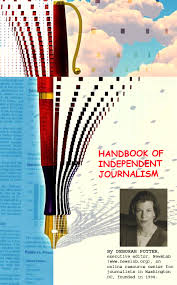This volume offers a simple, systematic guide to creating a knowledge sharing practice in your organization. It shows how to build the enabling environment and develop the skills needed to capture and share knowledge gained from operational experiences to improve performance and scale-up successes. Its recommendations are grounded on the insights gained from the past seven years of collaboration between the World Bank and its clients around the world—ministries and national agencies operating in various sectors—who are working to strengthen their operations through robust knowledge sharing. While informed by the academic literature on knowledge management and organizational learning, this handbook’s operational background and many real-world examples and tips provide a missing, practical foundation for public sector officials in developing countries and for development practitioners. However, though written with a public sector audience in mind, the overall concepts and approaches will also hold true for most organizations in the private sector and the developed world.
Tip of the Hat to Berto Jongman

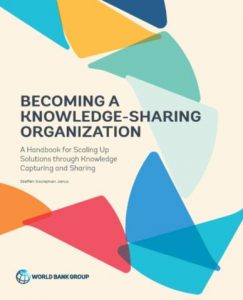 Becoming a Knowledge-Sharing Organization : A Handbook for Scaling Up Solutions through Knowledge Capturing and Sharing
Becoming a Knowledge-Sharing Organization : A Handbook for Scaling Up Solutions through Knowledge Capturing and Sharing